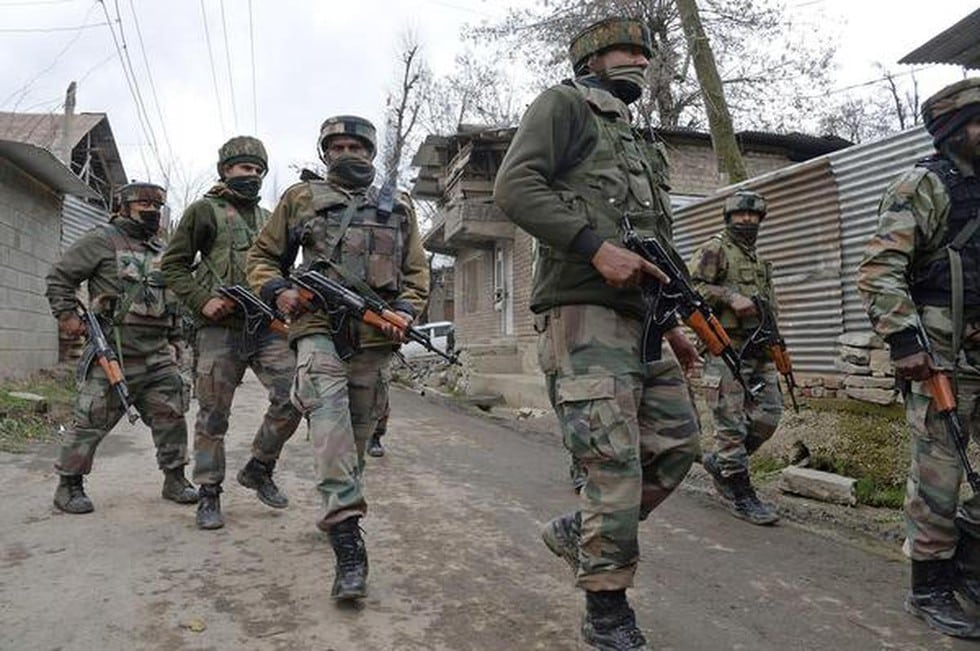About:
- The AFSPA will be extended for six months in nine districts — Dimapur, Niuland, Chumoukedima, Mon, Kiphire, Noklak, Phek, Peren, and Zunheboto — and 16 police stations areas in four other districts — Kohima, Mokokchung, Longleng, and Wokha of Nagaland.
- It has been extended in certain parts of five other districts of the two northeastern states to facilitate the armed forces to continue the anti-insurgency operations.
AFSPA:
- It is a law which gives armed forces (Army, the Air Force and Central paramilitary forces) the special powers and immunity to maintain public order in “disturbed areas”.
- When is it applied?It can be applied only after an area has been declared “disturbed” under section 2 of the act.
- What is a Disturbed area? An area can be considered to be disturbed due to differences or disputes among different religious, racial, language or regional groups or castes or communities.
- Who declares an area as disturbed? Section (3) of AFSPA empowers the governor of the state/Union territory to issue an official notification declaring the state or a region within as a “disturbed area”, after which the centre can decide whether to send in armed forces.
- The ‘special powers’ of armed forces under Section 4 are:
- ‘Power to use force, including open fire’ at an individual if he violates laws which prohibit (a) the assembly of five or more persons; or (b) carrying of weapons.
- ‘power to arrest’ without a warrant; (Under section 5 the Armed Forces have to hand over the arrested person to the nearest Police Station “with the least possible delay”.
- ‘power to seize and search’ without any warrant any premise.
- These armed forces are immune from prosecution unless Union Government provides sanction to the prosecuting agencies.
Source : All India Radio
Last updated on December, 2025
→ Check out the latest UPSC Syllabus 2026 here.
→ Join Vajiram & Ravi’s Interview Guidance Programme for expert help to crack your final UPSC stage.
→ UPSC Mains Result 2025 is now out.
→ UPSC Notification 2026 is scheduled to be released on January 14, 2026.
→ UPSC Calendar 2026 is released on 15th May, 2025.
→ The UPSC Vacancy 2025 were released 1129, out of which 979 were for UPSC CSE and remaining 150 are for UPSC IFoS.
→ UPSC Prelims 2026 will be conducted on 24th May, 2026 & UPSC Mains 2026 will be conducted on 21st August 2026.
→ The UPSC Selection Process is of 3 stages-Prelims, Mains and Interview.
→ UPSC Result 2024 is released with latest UPSC Marksheet 2024. Check Now!
→ UPSC Prelims Result 2025 is out now for the CSE held on 25 May 2025.
→ UPSC Toppers List 2024 is released now. Shakti Dubey is UPSC AIR 1 2024 Topper.
→ UPSC Prelims Question Paper 2025 and Unofficial Prelims Answer Key 2025 are available now.
→ UPSC Mains Question Paper 2025 is out for Essay, GS 1, 2, 3 & GS 4.
→ UPSC Mains Indian Language Question Paper 2025 is now out.
→ UPSC Mains Optional Question Paper 2025 is now out.
→ Also check Best IAS Coaching in Delhi

















